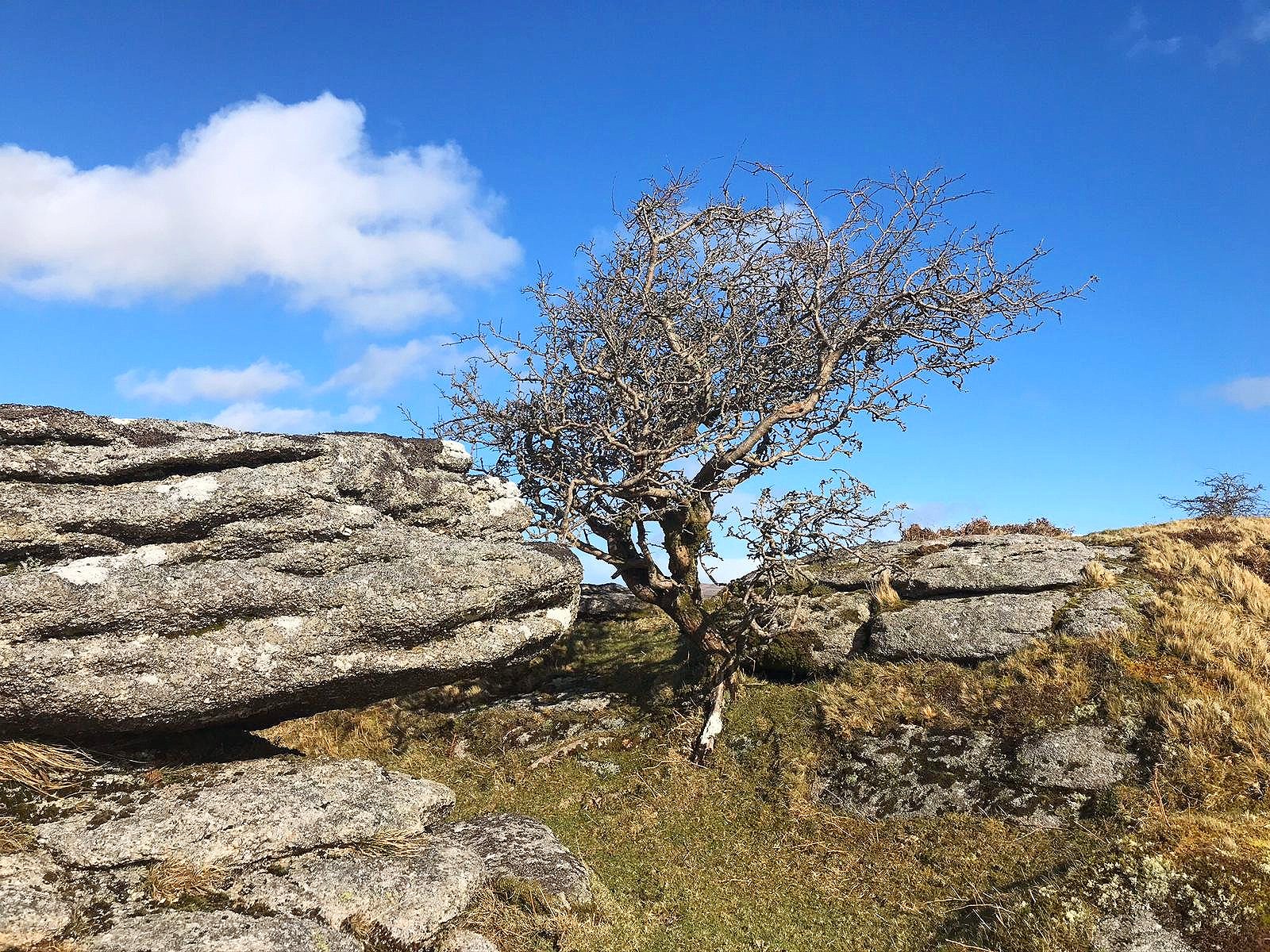Our Mission
Our community offers opportunities for creativity, nature connection and meditation, supporting people in addiction recovery to live with meaning, purpose and joy.
Through our work, we help break down patterns of isolation and fear to pave the way for more peaceful, productive and happy lives. Breaking free from addiction, trauma and crime is more than finding a job and a home. Both are instrumental in living a happy life. We believe knowing who you are and what makes you tick is equally important. Along with the skills and experience you have, we support you in identifying the support you may need to achieve what you want for your life. Our events offer space, time and skilled support to explore life in all its challenge and beauty.
Rite to Freedom’s mission is born from lived experience. The teams who lead and staff our work share decades of recovery experience. We know well the barriers, struggles, and wounds carried into recovery and how they can be transformed into our strengths.
Our Vision
Our vision is of a society where people’s actions, such as substance abuse or crime, are understood as being an expression of dysfunctional families, communities and societies where a healthy means of development and expression were not modelled or available. Rite to Freedom believes that everyone should have equal access to supportive communities; and opportunities to learn healthy ways of expressing and untangling confusing life stories; accessing natural environments; and exciting, creative and inspirational experiences.
Our Recovery Philosophy
We believe that addiction is a major cause of societal breakdown, dysfunction and disconnection, from ourselves, each other and our communities. It isn't simply to do with chemical or alcohol addiction. It's affects can be felt through any behaviour we use to deaden or block out painful emotions or memories. These behaviours can result in our lives becoming chaotic and unmanageable. With support, connection and community, experience repeatedly shows us that any addiction, whether chemical or behavioural, can be arrested and, with support and empathy, the recovery process can begin. Our recovery paths are many and varied.
Rite to Freedom offer one solution to ongoing recovery out of many available throughout the world. We are always open to new ideas and ways to bridge and build communities through activities, the power of personal story, discovering and building a belief in who we are and what we can offer the world. It’s all about connection and the healing that unfolds.
Who We Work With
We work with and support people at any stage of addiction, from exploring ways to begin the recovery process to decades of established recovery and everything in between. We work with addiction to drugs, alcohol and all behavioural addictions including gambling, food, work, technology and relationships.
We hope to inspire a desire to change, heal and grow in all areas of our lives.
To read more about our definitions of recovery, click here.
Our Core Charitable Aims
To create safe enough spaces where healthy communication and sharing can occur
To offer short and long term support and mentoring for the healing from trauma and related addictions
To increase access to, and deepen people’s connection with, natural environments
To promote meaningful self-expression through the creative process, including but not exclusive to: the written and spoken word, film, photography, music, arts and crafts
To provide positive, authentic, accountable role models
To offer contemporary ‘rites of passage’
To demonstrate the use of story and narrative as a means of transformation
To support and guide the increase of participants’ self-awareness, self-belief and self-compassion
To build stronger communities through inter-generational sharing and mentoring
To shift attitudes away from ‘labels’ and towards ‘stories’
To create a safe space where individuals can explore personal and collective accountabilities
To prioritise engaging with people who are socially excluded, marginalised and would otherwise be unlikely to access or able to access, similar interventions




